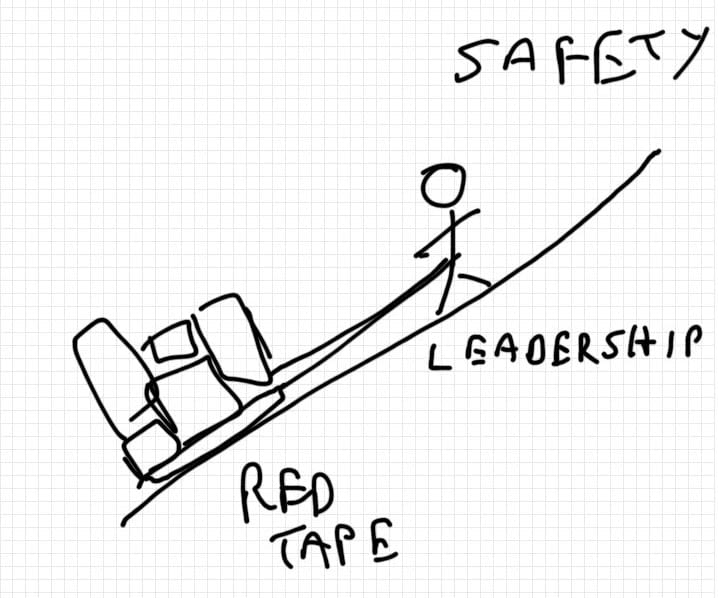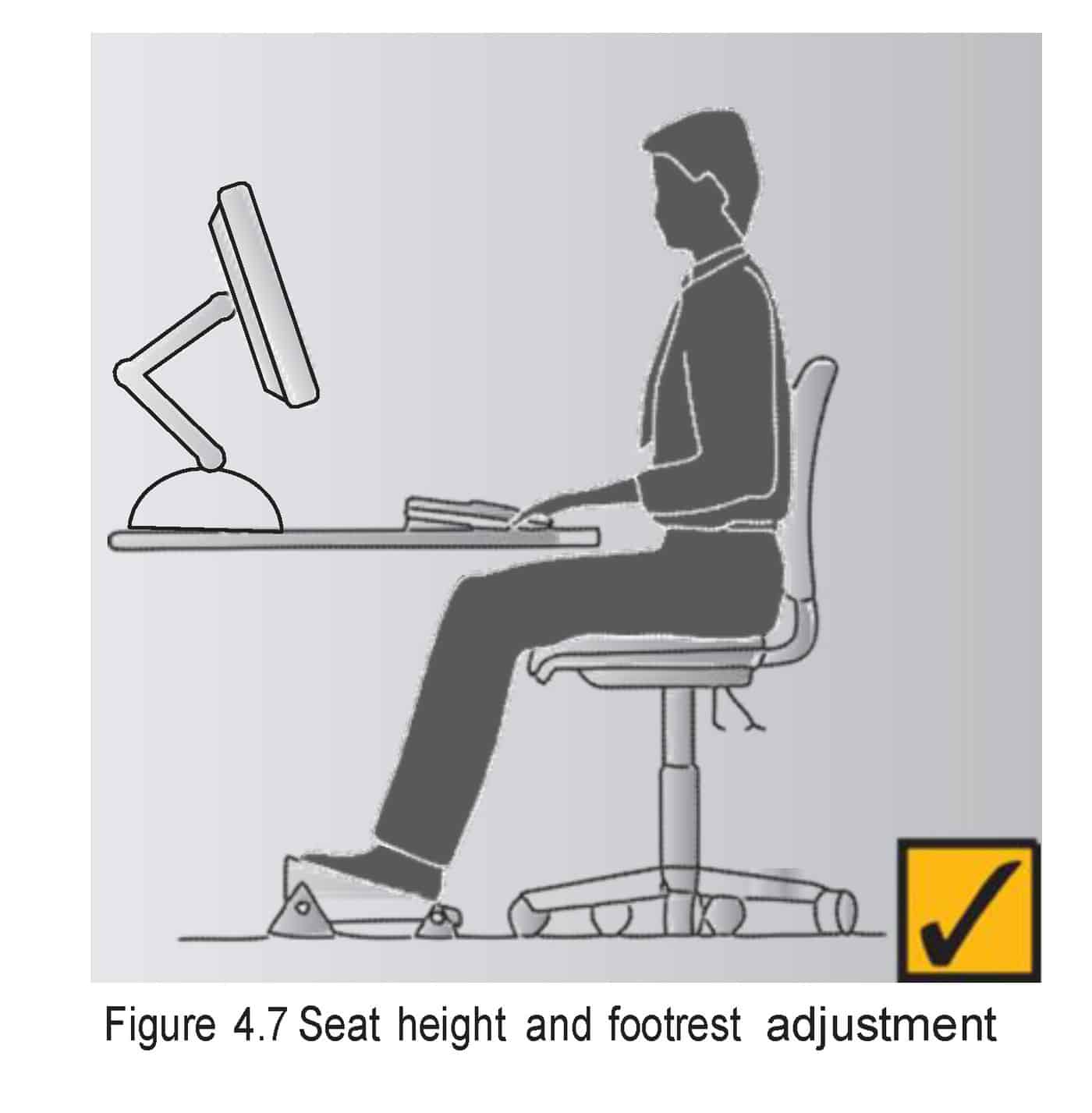On 6 February 2014 the Victorian Premier. Denis Napthine, announced the intention to
“…require construction companies to implement comprehensive drug and alcohol screening measures to ensure the safety of workers to be eligible to tender for Victorian Government construction contracts.”
This is to be part of the occupational health and safety (OHS) obligations of companies under the Implementation Guidelines to the Victorian Code of Practice for the Building and Construction Industry. Understandably the construction union, particularly, is angry and feels as if it is being singled out. Both organisations have chosen their words very carefully. Premier Napthine is quoted as saying:
“Reports of illicit drug use and distribution on Victorian construction sites are widespread.”
The CFMEU‘s Victorian Secretary John Setka has stated that
“There is no epidemic of drug taking on construction sites…. Our Health and Safety representatives who look out for workers’ health and safety are not reporting a problem.”
It is unlikely there is an epidemic of drug use but the Premier is talking of drugs AND alcohol.

 During a recent seminar I produced the doodle on the right, which depicts what I think the speaker was talking about. Safety is a goal that can be best achieved through improving a company’s leadership qualities. However all companies seem to be restricted by red tape, however one defines that. Can this journey be improved?
During a recent seminar I produced the doodle on the right, which depicts what I think the speaker was talking about. Safety is a goal that can be best achieved through improving a company’s leadership qualities. However all companies seem to be restricted by red tape, however one defines that. Can this journey be improved? A diagram of safe posture at modern workstations has become iconic but it has also become a symbol of ergonomic misunderstanding. There are assumptions behind the angular figure about the way modern workers work, the equipment used and the tasks undertaken.
A diagram of safe posture at modern workstations has become iconic but it has also become a symbol of ergonomic misunderstanding. There are assumptions behind the angular figure about the way modern workers work, the equipment used and the tasks undertaken.